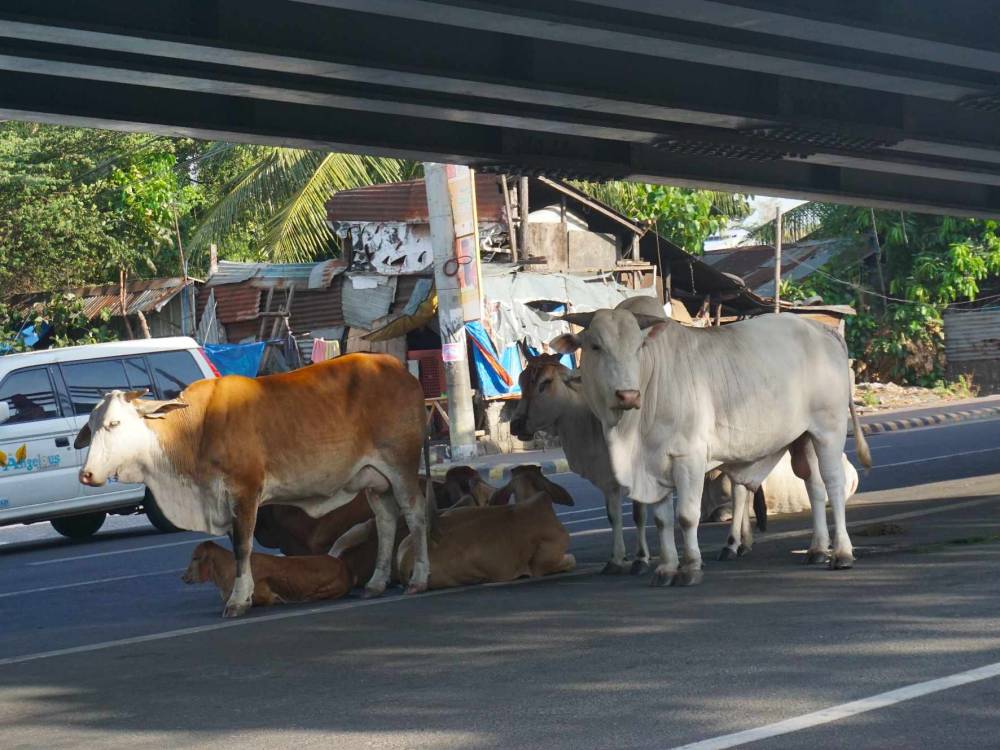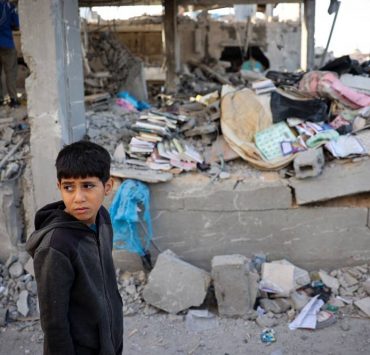11,556 farm animals die from heat in Negros Occidental

BACOLOD CITY—At least 11,556 farm animals in Negros Occidental have died due to the searing heat, as the dry spell brought on by the El Niño weather phenomenon continued to rage in the province, the Provincial Veterinary Office (PVO) has reported.
The deaths of farm animals, which were recorded since January this year, already resulted in over P10 million in losses to the affected farmers, as of April 26, the PVO said in a report last week to Gov. Eugenio Jose Lacson.
According to the same April 26 report, the loss of animals of different species that died from the heat had affected farmers in 19 local government units, with damages reaching P10,080,100; while damage to pasture lands hit P2,685,500, affecting seven localities.
The losses affected 870 households in 95 barangays of Negros Occidental, the PVO reported.
The town of Isabela recorded the highest damage to farm animals at P5.9 million, followed by the town of Ilog at P1.4 million, the PVO said.
Cool them downThe town of Murcia had the highest damage to pasture lands at P1.1 million, followed by Hinigarn town, at P1 million, the report added.
Dr. Placeda Lemana, the provincial veterinarian, said the very high heat index experienced in Negros Occidental since the start of the year caused the death of the farm animals, but 90 percent of the deaths occurred in April.
The heat index in Negros Occidental, which intensified in April, ranged from 40 to 43 degrees Celsius during the last week of April, and ranged from 38 C to 43 C from May 1 to May 3, records from the Philippine Atmospheric, Geophysical and Astronomical Services Administration showed.
Lemana said that majority of the animals affected were free range chickens and fighting cocks, many of which died from dehydration.
Also among the fatalities were carabaos, cattle, goats, swine, sheep and poultry, she added.
Lemana said farmers were advised to reduce the population of their farm animals to prevent crowding. Water misting of farm animals was also advised to cool them down.
“There is more meat being sold at markets now because in areas where there is a lack of water, farmers have opted to butcher their animals before they die from the extreme heat,” she said. INQ

















